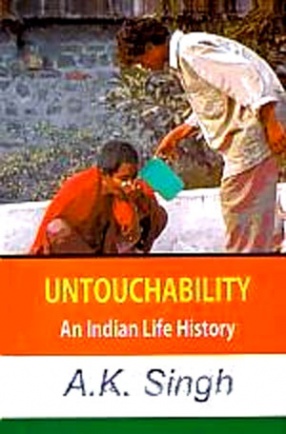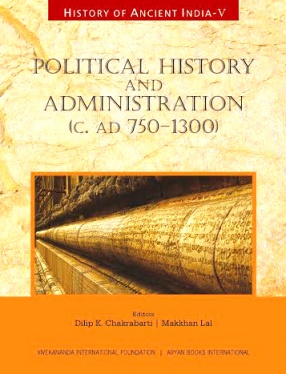An attempt is made in this volume to present certain significant aspects of revenue administration of Assam between 1826, the year in which Assam passed under the control of the East India Company and 1874, when it was separated from Bengal and constituted into a Chief Commissioner’s province. In view of the unfavourable internal atmosphere, the British, in the initial years, desisted from making a radical change in the existing revenue system but retained in with such miner modifications as were considered absolutely necessary. In a predominantly agricultural province like Assam, land had been the mainstay of British economy. However, with the ever-increasing demands of the State, new avenues of taxation had to be explored. Facilities for additional revenues were found in opium, abkaree , custom and inland-duty, forest and forest produce, stamp, fishery, gold-washing, lime-quarry, house, poll and income-tax etc. These sources, their nature, magnitude, administration and above all their impact on the nineteenth century Assamese society and economy have been fully analysed and examined in this book. Based mainly on primary sources, both published, and unpublished the present work is the first scholarly and objective study of a hitherto neglected subject. Although the focal point in this study is the administration of the various miscellaneous revenues, the author also takes particular care to highlight the main trends of the British economic policy in this trouble-ridden frontier State during the formative period of British administration. The book, therefore, not only fills up the existing gap in there venue history of Assam but also provides the background for further investigation in future.
Untouchability: An Indian Life History
$54.00
$60.00





There are no reviews yet.